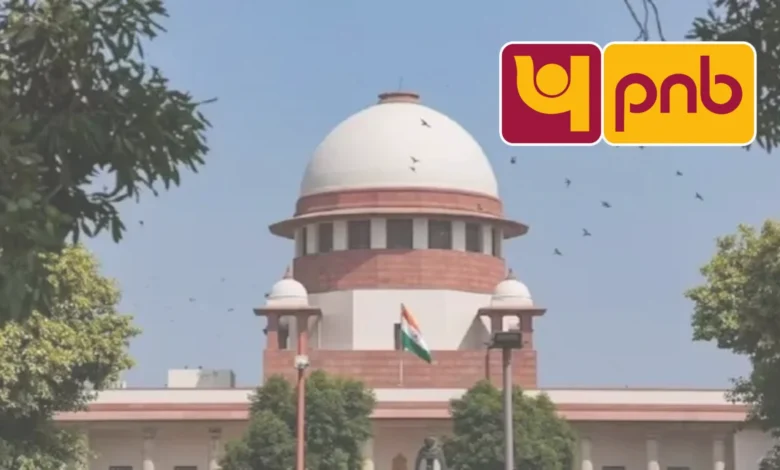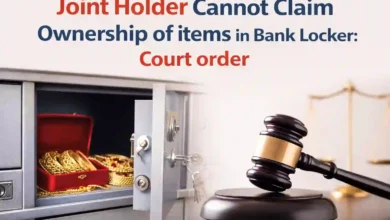Supreme Court Slams PNB for settling with Borrower after auction of his Property

The Supreme Court of India has criticised Punjab National Bank (PNB) for settling with a borrower even after the borrower’s property had already been auctioned. The Court said this practice was wrong and warned the bank to create a clear policy to make sure such incidents do not happen again.
Background of the Case
PNB had taken action against a borrower under the SARFAESI Act, which allows banks to recover loans by selling a borrower’s mortgaged property. The property was put up for auction, and a buyer successfully bid for it, paying ₹42 lakh through RTGS.
However, at the same time, the borrower filed a case before the Debt Recovery Tribunal (DRT), Dehradun, challenging PNB’s recovery action. During a hearing at the National Lok Adalat, PNB and the borrower suddenly reached a settlement. This happened after the property had already been auctioned.
Instead of giving the sale certificate to the auction purchaser, the bank refunded the money he had deposited. This left the purchaser unhappy, so he approached the courts to challenge the bank’s decision.
Supreme Court’s Reaction
A bench of Justices JB Pardiwala and Sandeep Mehta pulled up PNB for its conduct. The Court said it was shocking that a nationalised bank would behave in such a manner.
The judges warned that if banks acted like this:
- Property auctions would lose their credibility.
- Buyers would avoid participating in future auctions.
- Banks and financial institutions would suffer losses, as people would prefer to invest their money elsewhere rather than risk legal complications.
Justice Pardiwala also said that if PNB wanted to reach a settlement, it should have at least informed the auction purchaser and made him a party to the Lok Adalat proceedings. Failing to do so, he remarked, looked like collusion between the bank and the borrower.
Court’s Directions to the Bank
During the hearing, Attorney General of India R. Venkatramani, appearing for PNB, admitted that the bank had made a mistake. He assured the Court that an internal inquiry would be conducted.
The Supreme Court then issued strict directions:
- PNB must withdraw its writ petition from the Allahabad High Court.
- Within 48 hours of withdrawal, the bank must issue a final sale certificate to the auction purchaser.
- The bank must also complete the deed of conveyance as per legal requirements.
- Departmental action should be taken against officials who mishandled the matter.
The Court also reminded the bank that High Courts should not interfere in SARFAESI matters, as these are to be dealt with by the DRT. It questioned why banks were approaching constitutional courts despite the law being clear on this issue.
Accountability of Bank Officials
The judges said they were “disturbed” by the settlement between PNB and the borrower, which happened behind the back of the auction purchaser. They insisted that the bank must carefully examine whether there was any negligence, mischief, or collusion by its officials.
When the Attorney General requested the Court not to record such observations, Justice Pardiwala replied that the comment would remain, and it was now up to the bank to take suitable action against the responsible officers.
The Supreme Court clarified that if the borrower still feels aggrieved by the auction or the issuance of the sale certificate, they are free to approach the appropriate legal forum. The matter has been kept for further hearing next week.
- Download Court Order ( This Court Order is available only for Premium Users. Click here to join Premium).
